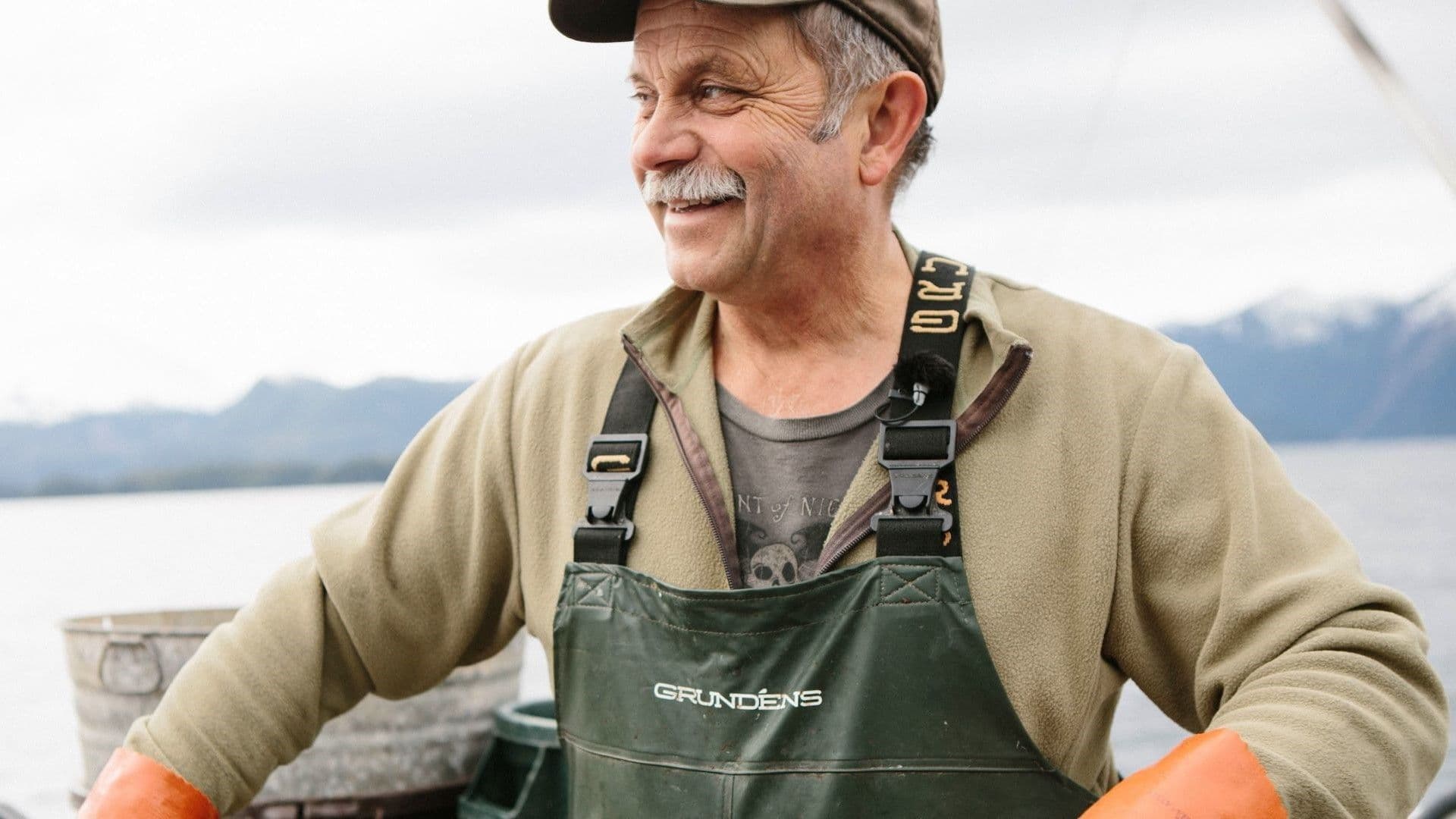LOOKING AHEAD
There is no denying the seas are getting choppy in the commercial fishing industry. Nevertheless, our company emerged against a backdrop of alarming developments concerning the oceans, including rampant mislabeling, labor abuses, and habitat destruction in the form of open-pit strip mines and clear-cut timber operations.
Those problems require complex solutions, but at least they have defined boundaries. Climate change, however, is subjecting the entire planet to an experiment: Can marine habitats and our commercial fishing industry survive the projected increases in both ocean temperature and rising sea levels? These aren’t the kind of questions we want swimming in our minds when we gather for a meal. As consumers, feeding our families has never been so fraught with troubling, complicated questions about environmental and social responsibility.
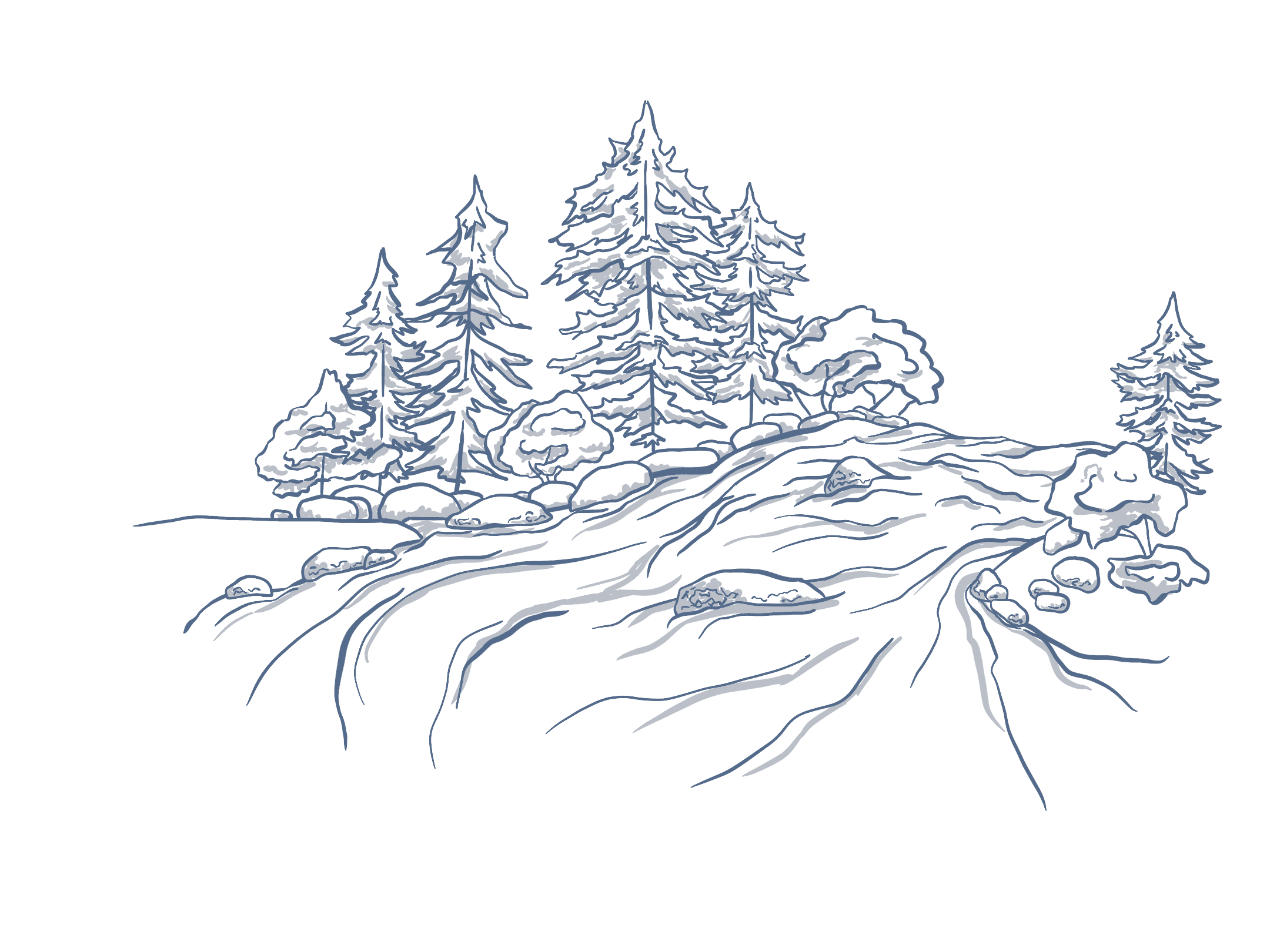
Fortunately, our community has the tools we need to chart a path to a better future. Small-scale fisheries can be more energy-efficient, and wild-caught seafood remains one of the most climate-friendly proteins available. A recent study in the UK found that, in terms of diet alone, pescatarians have a 46% smaller carbon footprint than meat eaters. Switching to wild-caught salmon lowers your carbon footprint further because farmed salmon requires so many energy inputs that it actually produces more greenhouse gas than poultry, pound for pound.
No one wants to read a scientific journal article in order to decide what’s for dinner. Fortunately, fishermen bring decades of conservation experience. Skipper Eric Jordan helped found the Alaska Marine Conservation Council and served on the Sitka Fish & Game Advisory Committee as well as the Sitka Conservation Board for decades. “I have been discussing salmon diets, sizes, and survival for decades with scientists, managers, and fishermen,” Eric says. “For fun I read things like the reports of groups like the North Pacific Anadromous Fisheries Commission.”
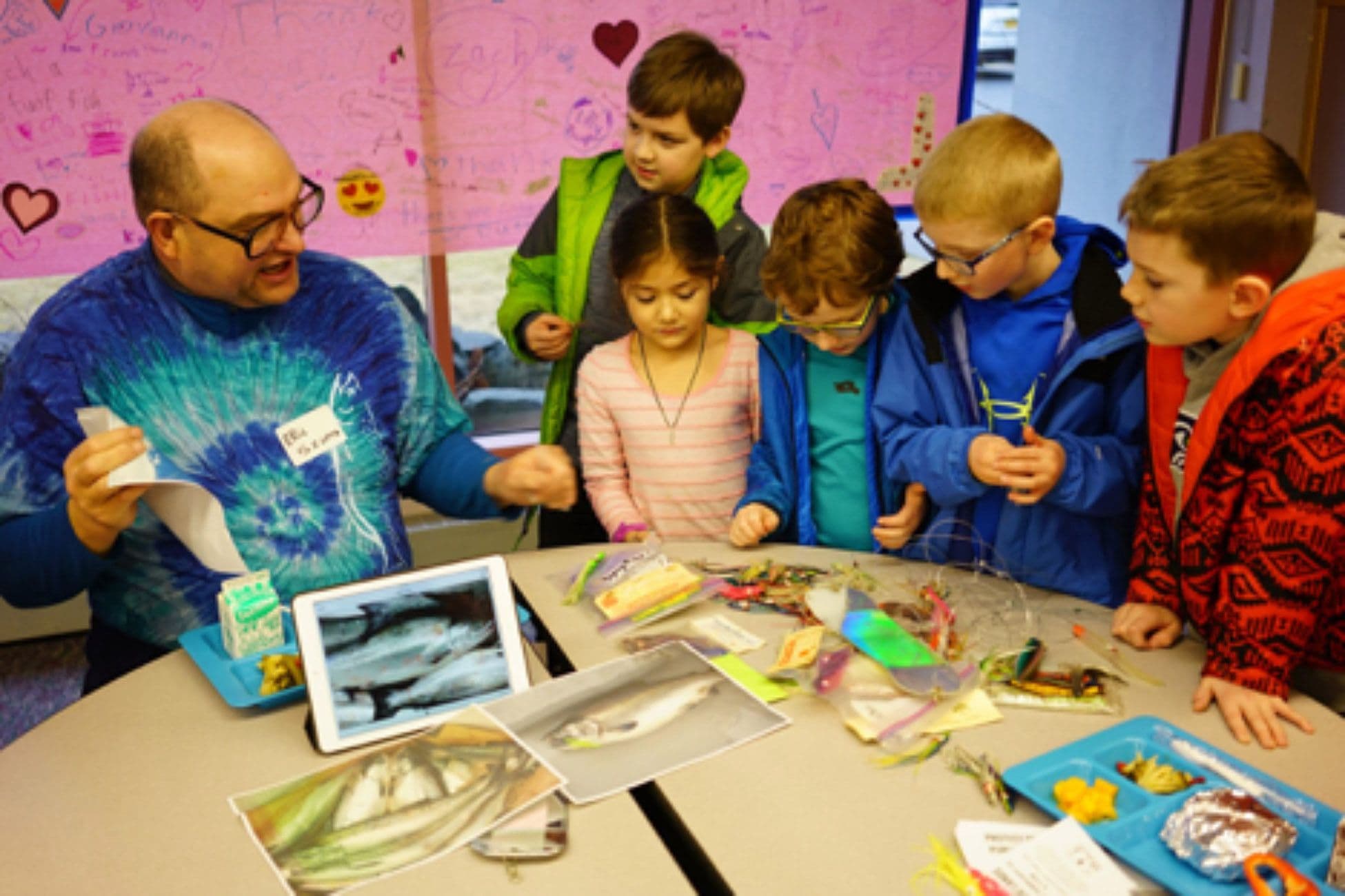
Eric and the other fishermen understand that if you don’t protect salmon habitat, you not only lose the fish but also the way of life they support. That’s why he collaborated with local high school students in 2019 to draft and introduce a climate change emergency resolution for the Sitka Fish and Game Advisory Committee.
Eric is also passing a lifetime of knowledge about marine stewardship to the next generation. Since 2015, Eric has trained over 50 young fishermen on the F/V I Gotta. “Finding crew with some experience who love fishing in Alaska is so critical to the future of our individual businesses in the industry as a whole,” Eric says. Eric benefits from the labor of young, energetic deckhands who in turn learn valuable lessons to take back to their home ports.
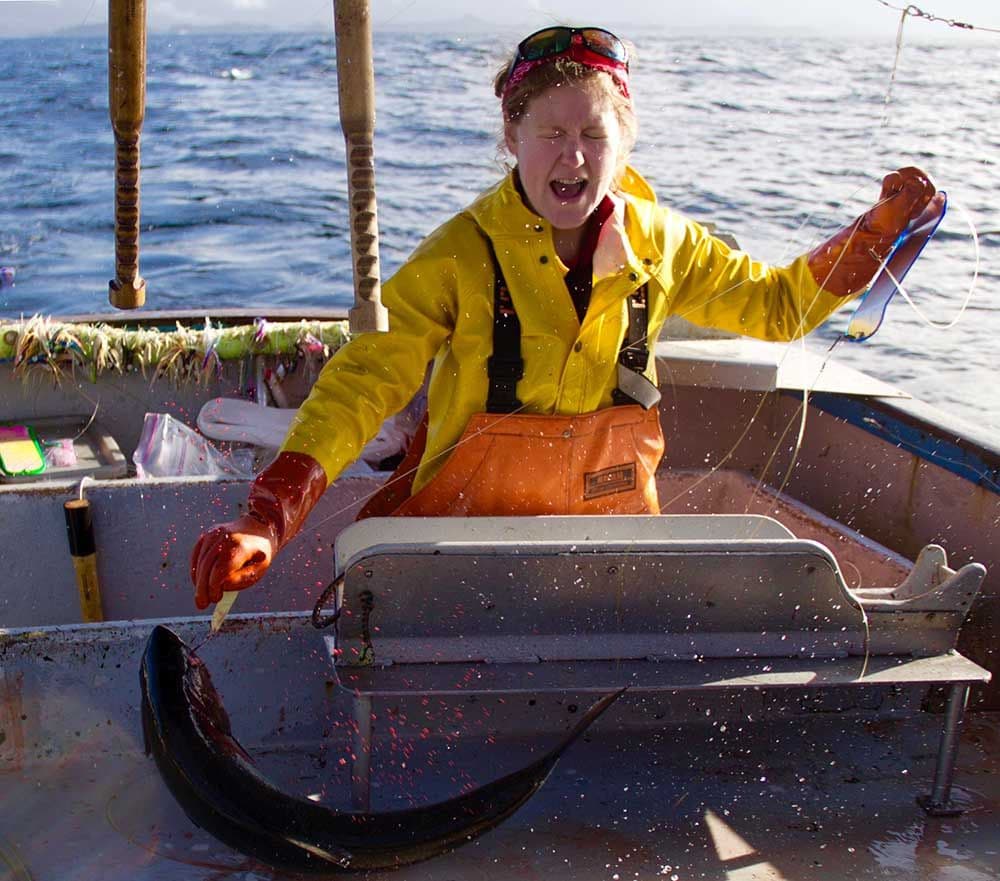
Small-scale fishing communities are our North Star through these stormy seas. Alaska comprises just over a third of the coastline in the United States and small-scale fishermen need a seat at the decision-making tables in Juneau and Washington, D.C. Your membership in our community boosts their power to defend marine habitats from polluters and devastating extractive industries. Right now, one king salmon is nearly as valuable as two barrels of oil. Small-scale fishing communities like Sitka, Haines, and Kodiak keep those dollars circulating in the community, securing a future for young fishermen and reminding decision-makers of the value of intact and healthy marine habitats.
In Bristol Bay, small-boat fishermen are at the vanguard of the fight to protect the largest salmon run in the world from a proposed open-pit mine. It should be enough that they do their jobs well, but Alaska’s small-boat fishermen must also fight against interests who would ransack local resources and export profits.
If we abandon the ocean as a lost cause, we lose our frontline defenders of marine habitats.
Alaskan fishermen remind us of why we need to engage with, rather than retreat from, these problems. If we abandon the ocean as a lost cause, we lose our frontline defenders of marine habitats. Our community is focused on both economic and environmental resiliency and our commitment to small-boat operations allows us to be nimble in response to the unpredictable climate we now inhabit. With fishermen like Eric Jordan guiding us, we are confident we can navigate through the perils in our path toward calmer seas. As we grow, we are able to support more small-boat fishermen through our company, which benefits their communities and in turn gives us more knowledge to chart a safe course ahead.
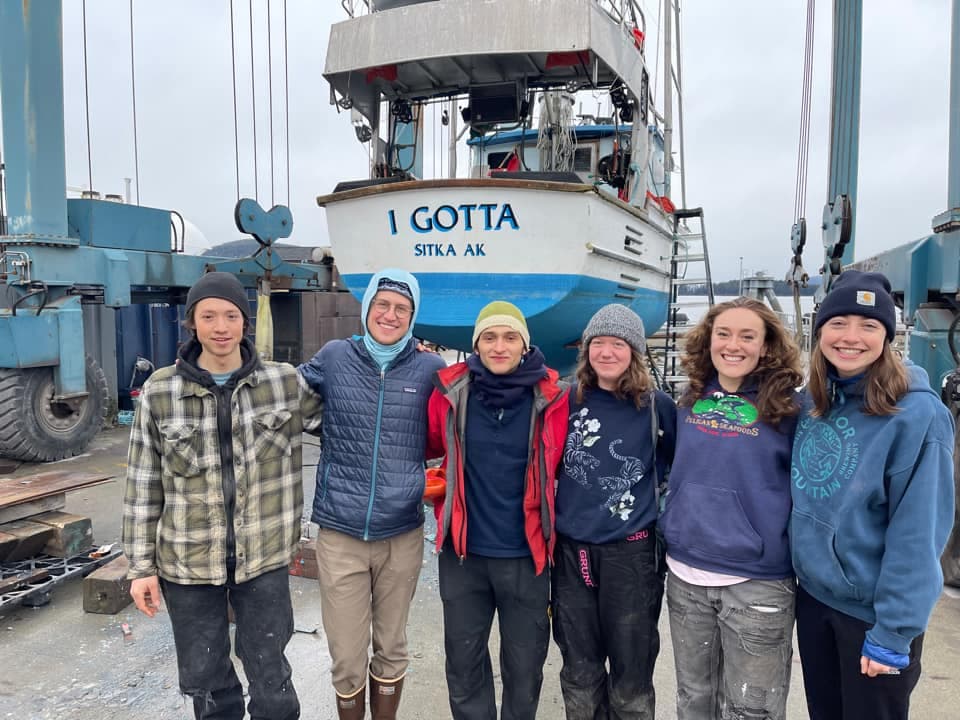
As we enter salmon season, keep an eye out for fish from the F/V I Gotta. If you are lucky enough to receive a portion of line-caught salmon from skipper Eric’s vessel, hop on our Facebook group and share photos of your meal with him.
We are grateful for your trust, and with your support we can build a better seafood system!
